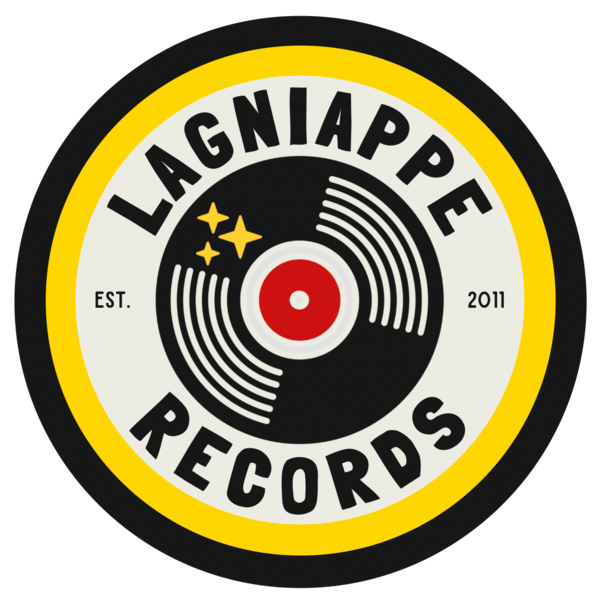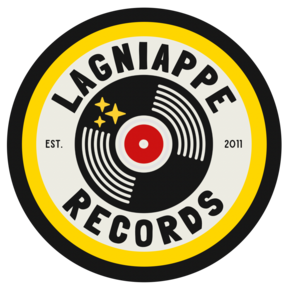LAGNIAPPE RECORDS
311-B Jefferson St. Lafayette, LA 70501
STORE HOURS
OPEN: Wednesday thru Saturday
12 p.m. - 6 p.m.
NOPE: Sunday, Monday & Tuesday

OPEN:
Weds. - Sat.
12 noon 'til 6pm
Sunday
12 noon 'til 4pm
CLOSED:
Monday - Tuesday
Order online 24-7
for shipping or
local pick-up!
STORE HOURS
OPEN: Wednesday thru Saturday
12 p.m. - 6 p.m.
NOPE: Sunday, Monday & Tuesday

Vinyl, Tapes, & Shit
*SEALED* Jacket still sealed in shrink original wrap; disc sold ungraded or "as is."
NM (Near Mint) Appears unplayed and will bear no marks, sleeve scuffs, or scratches.
EX+ (Excellent) May have one or two visible imperfections (i.e. sleeve scuffs, faint scratches, or other superficial marks) that will not affect playback.
VG+ (Very Good+) A few visible imperfections. These may include sleeve scuffs, light scratches, or other superficial marks.
VG (Very Good) Similar imperfections found on VG+ records but in slightly greater numbers. Records graded VG and above will typically not have any scratches that are deep enough to be felt with a fingernail.
VG- (Very Good-) A number of visible imperfections; the presence of a considerable number of light scratches will force a VG- grade, as will the presence of significant isolated defects such as scratches deep enough to be felt with a fingernail.
G (Good) Record can be played without skipping, but will have significant surface noise, scratches, and visible groove wear. G+ and G- are used to indicate stronger and weaker copies within this range.
*SW/DNAP* Slight warp, does not affect playback
*QUAD* Quadraphonic Sound, similar to today’s surround sound
All records are visually graded by our experienced staff, using a bright lamp and an Audio-Technica ATLP-120 turntable.